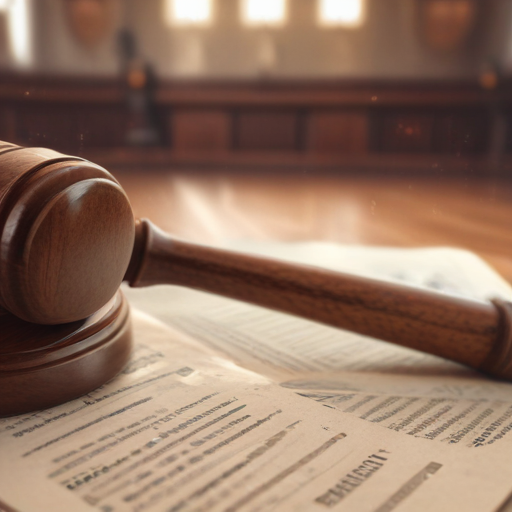TikTok creators gathered on Capitol Hill to express their opposition to the “Protecting Americans from Foreign Adversary Controlled Applications Act,” which aims to crack down on the app. As the Supreme Court prepares to hear arguments regarding TikTok’s future in the U.S., the ruling could potentially lead to a nationwide ban as early as next week.
The Supreme Court’s deliberation will focus on whether this legislation violates the First Amendment’s free speech protections. If the law is enacted on January 19 and ByteDance, TikTok’s Chinese parent company, does not divest, the app might be completely prohibited in the United States.
For the roughly 115 million monthly active TikTok users in the U.S., several possible scenarios could unfold. If the ban is implemented without any prior ruling from the court, users who have already downloaded the app may still be able to access it, but they would be unable to update or download it anew. This situation would prompt many content creators who earn from the platform through ad revenue and partnerships to seek alternative platforms, such as YouTube or Instagram. Legal experts warn that even a brief shutdown of TikTok would significantly impact users and creators alike, as it sets a concerning precedent for online speech regulations.
Support and opposition to the ban are divided among various organizations and prominent individuals. The government argues that until ByteDance sells TikTok, it poses risks related to espionage and influence operations. Former President Donald Trump’s brief did not explicitly back either side but emphasized the necessity of a political solution that would allow TikTok to operate while addressing security issues. TikTok’s role in recent political campaigns highlights its importance among younger voters, adding another layer to the ongoing debate.
Looking ahead, the timeline for the Supreme Court’s decision remains uncertain, but the expedited hearing suggests the possibility of a swift ruling. The outcome could have significant implications for TikTok’s extensive user base in the country, exemplifying the ongoing conflict between free speech rights and national security concerns.
This case highlights a critical moment in the intersection of technology, governance, and individual rights. A positive aspect to consider is the awareness it brings to the discourse surrounding digital freedom and the importance of safeguarding speech in the digital age. The potential for a resolution that balances security and user rights remains a hopeful prospect.
In summary, TikTok’s future hangs in the balance as the Supreme Court prepares to evaluate the constitutionality of legislation that could lead to its ban, raising significant questions about digital expression and privacy in the modern world.
